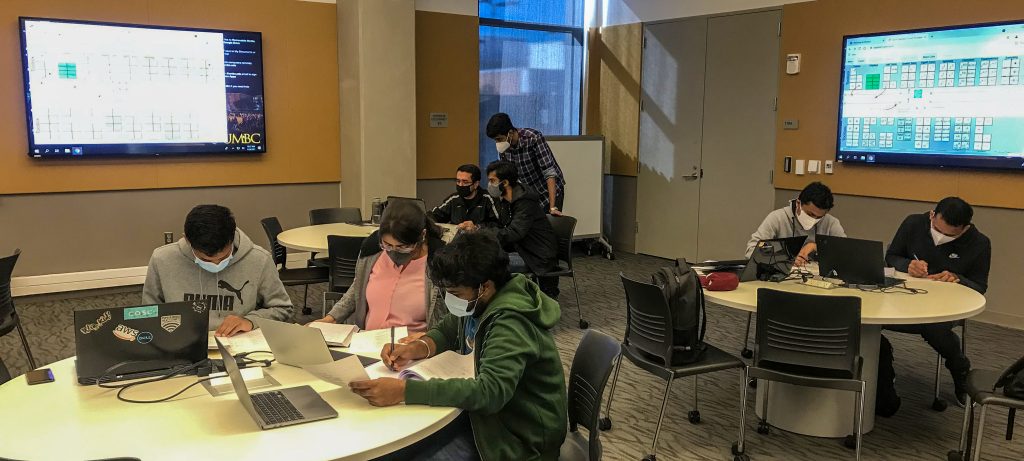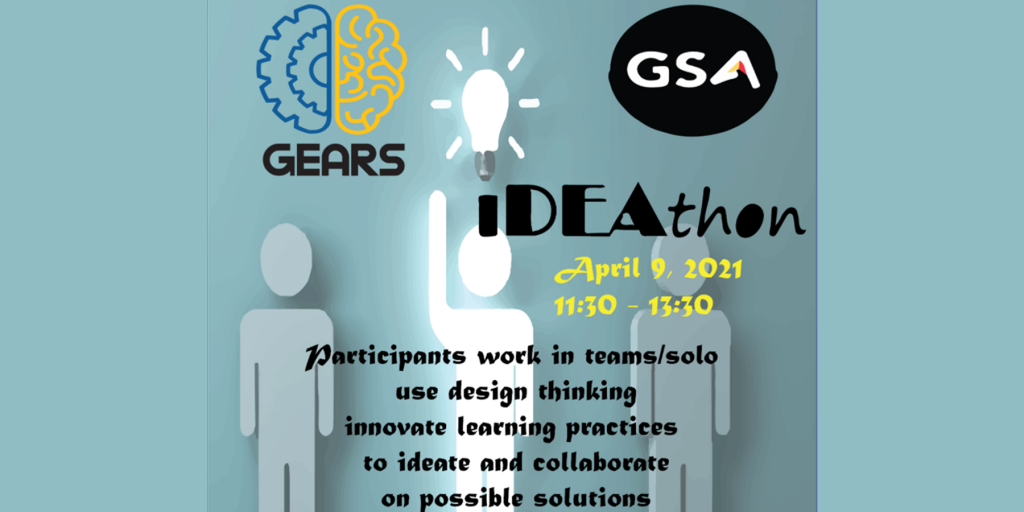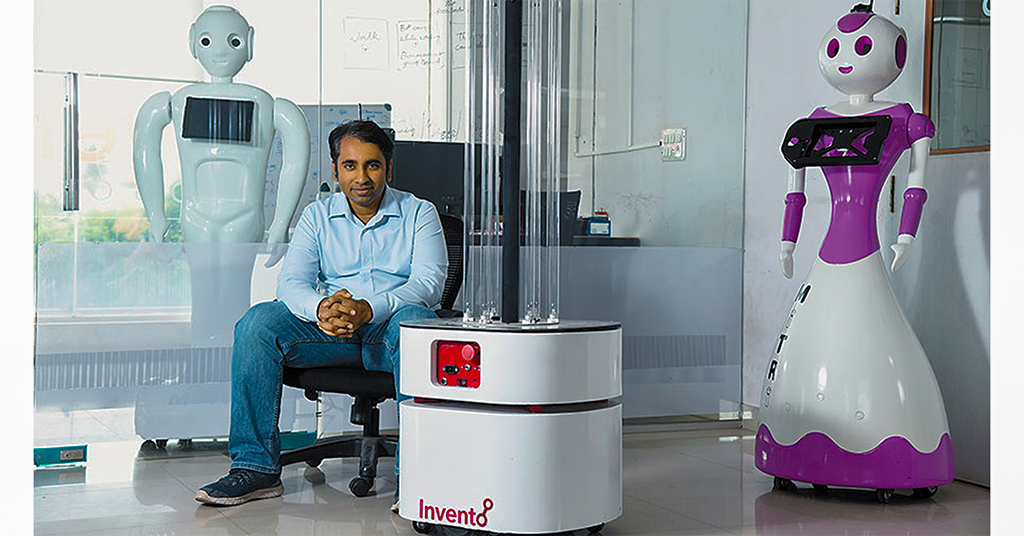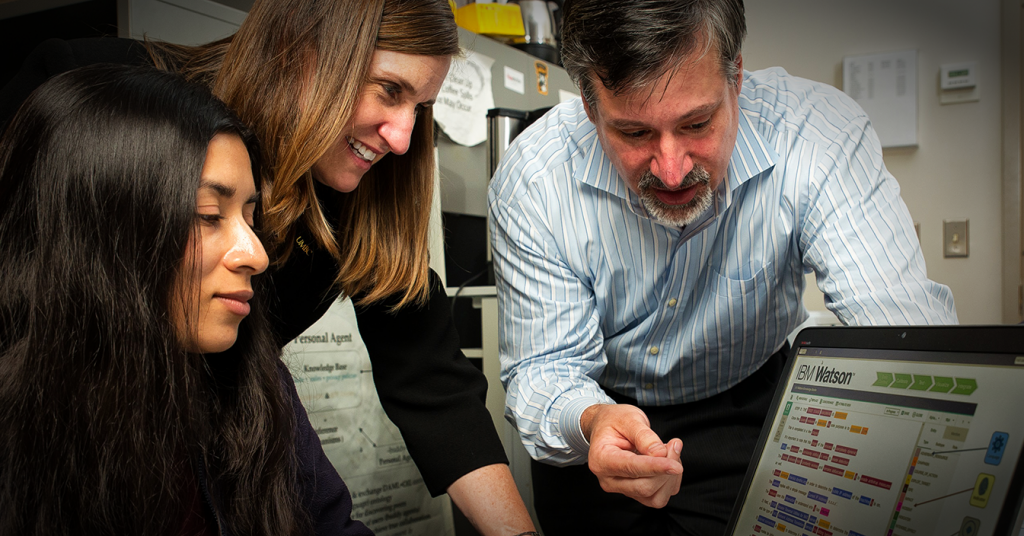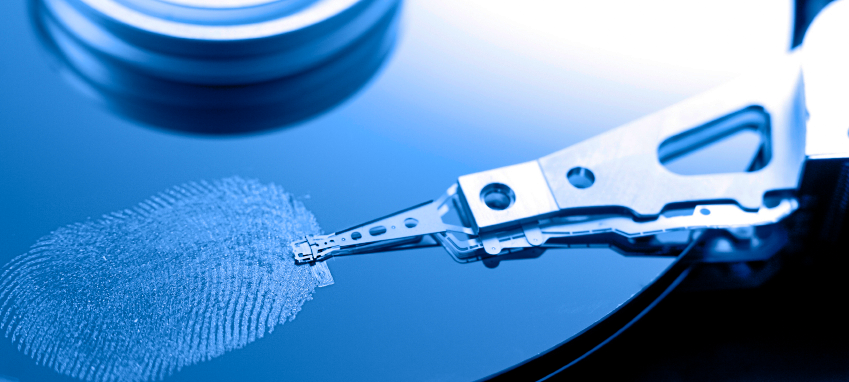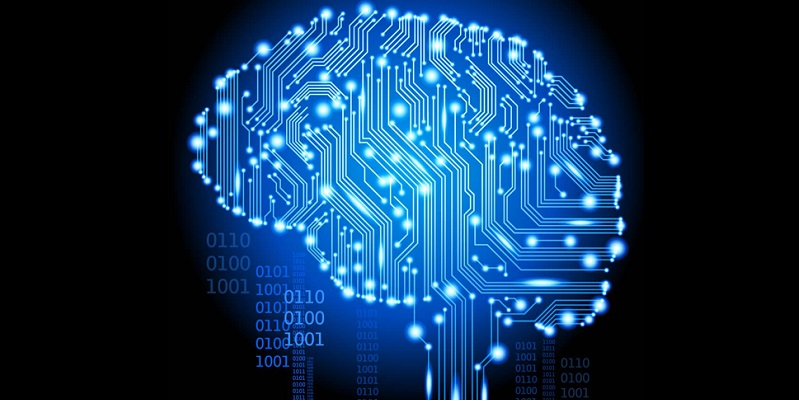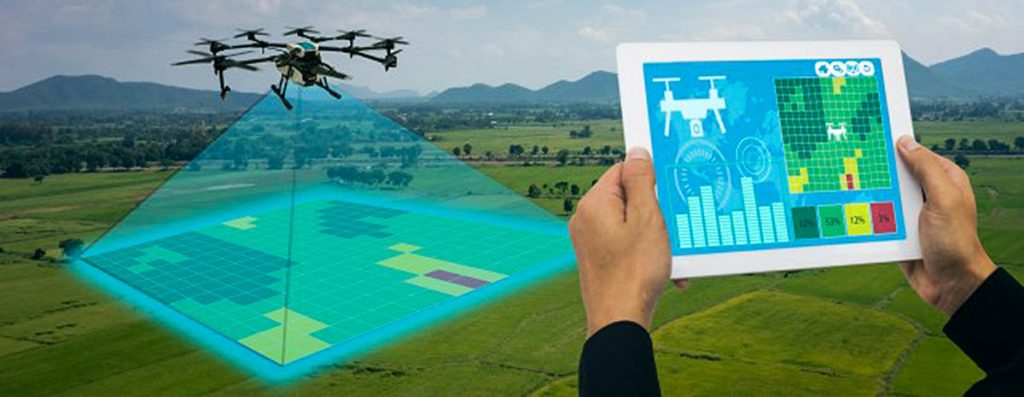
Summer internships at the Army Research Lab for undergraduate and graduate students
The Army Research Lab (ARL) is offering approx. 12 paid summer team intern projects for UMBC and University of Maryland students. You will work on-site at ARL in teams of 3-5 interns with a mentor for 10 weeks over the summer of 2022, tentatively from June 6 thru August 12, 2022.
Internship opportunities are offered in the six topics that are described below. ARL will create specific projects within each topic that leverage the skills and experience of the students that are selected for the topic. Multiple teams may be selected for a single topic and some topics may not be supported if there is insufficient interest from applicants.
Both undergraduate and graduate engineering and science students are encouraged to apply, including Freshman, Sophomore, Junior, Senior, Masters Candidates, and Ph.D. Candidates. Interns will be paid a fixed stipend for the 10-week internships of $9,000 for undergraduate students and $12,000 for graduate students. No additional funding for travel or lodging is available. Interns will work on Army sites and hence are limited to U.S. citizens and will be required to comply with Army COVID-19 requirements and provide proof of COVID-19 vaccination.
APPLY via UMBCworks RIGHT AWAY, position 9336592
If you don’t have an approved resume on UMBCworks, upload one and send Christine Routzahn () an email message. She will approve it so you can apply ASAP.
Applicants should submit a one-page resume and 1-2 page cover letter that describe relevant education, projects, and work experience. Include your GPA in your resume or cover letter, a statement of your goals for the internship, and identify up to three topics that are of interest to you. ARL prefers candidates with a GPA of 3.0 or better.
Applications will be sent to the Army Research Lab every Friday. Each week selected applicants will be contacted to schedule a short virtual interview and conditional offers will be made to successful applicants on a rolling basis. We will stop accepting applications when we reach 36 so it is to your advantage to apply early. Applicants with conditional offers will need to successfully complete a background check prior to obtaining their final offer.
Topics
- 2022A – Biotechnology and Synthetic Biology
- 2022B – Ground & Air Robotics & Autonomy
- 2022C – Image Understanding for UAVs
- 2022D – Novel New Energy Sources
- 2022E – Quantum Information and Sensing
- 2022F – Co-design of Structural Materials and Components
Topic 2022A – Biotechnology and Synthetic Biology Topic Area
Locations: Adelphi, MD and potentially fieldwork at Aberdeen Proving Ground, MD
With the advent of synthetic biology, it becomes possible to not only harness the natural world but evolve and reprogram biological systems ushering in a new wave of biotechnological advances. In this student research experience, teams working in the biotechnology and synthetic biology research topic area will undertake multidisciplinary research to impact a variety of Army materials, from the assembly of novel biohybrid systems and biocomposites, to material maintenance and protection, and finally, the introduction of degradative processes. This work will require students to customize and optimize natural biological systems for material applications by developing strategies to access, understand, and tailor biological components from the environment through informatics and performance screening, genetic engineering, and bio/abio integration. Through this work, students will learn how to apply diverse skillsets in microbiology, biomolecular, chemical, material and engineering sciences, integrated with bioinformatics, modeling, and a creative mentality toward designing and engineering biology across molecular, organismal, and biosystem levels for the advancement Army material technologies.
Skills desired: students with bioengineering interest – chemical or biomolecular lab experience will be helpful. Potential specific research areas:
- Genetically-programmed functional biohybrid systems: Students will gain experience in implementing bioengineering approaches to tailor both organisms and device infrastructure.
- Bioprospecting for novel enzymes towards polymer degradation: Students will gain experience in identifying and isolating novel organisms and metabolic pathways that have naturally evolved to degrade different type of polymers from contaminated soils and water.
- Building synergistic relationships to inhibit corrosive bacteria: Students will gain experience in identifying naturally and designer microbial communities that controls the rate of corrosion.
- Microfluidic High-Throughput Screening (HTS) Tools for Synthetic Biology: Students will gain experience in performing high-throughput DNA transfer using droplet fluidics to engineer military-relevant microbes, and development of continuous-flow devices.
- Bacterial Melanin for Advanced Protection: Students will gain experience in the development of surface modification workflows, chemical characterization, analysis of effects on miscibility within polymer matrices, and testing the resulting properties of the melanized composites.
Topic 2022B – Ground & Air Robotics & Autonomy
Locations: Adelphi, MD and fieldwork at Middle River, MD
While state-of-the-art autonomous vehicle navigation techniques can sometimes allow autonomous vehicles to perform particular styles of navigation in particular environments, they are typically only able to do so after a time-consuming process of experimentation and manual tuning by skilled roboticists. These existing approaches may not scale to situations where environments and desirable navigation styles may not be known in advance and skilled roboticists and/or tuning time may not be available. ARL’s research aims to fill a broad set of knowledge gaps to move air and ground autonomy towards more robust, less brittle, autonomy.
Skills desired: students with interest and some experience in autonomous ground and air systems. Potential specific research areas:
- Conduct experiments on state-of-the-art, off-road autonomy algorithms; 2) implement and test software components in the ARL Ground Autonomy Software Stack; and 3) design, integrate, and test novel hardware solutions on ARL’s experimental, wheeled robots.
- Perform target recognition onboard a UAV while simultaneously tracking and determining the geospatial coordinates of objects of interest during the course of a flight.
- Explore information gathering problem variants where one or more mobile object (or objects) move(s) around the environment, while one or more quad-rotor agents attempt to gather information about the moving object.
- Develop efficient semantic representations of LiDAR point cloud data for use in distributed multi-agent Simultaneous Localization and Mapping (SLAM)
Topic 2022C – Image Understanding for UAVs
Locations: Adelphi, MD and fieldwork at Middle River, MD
The Army has a strong interest in unmanned aerial vehicles (UAVs) for a variety of applications. This project seeks to help develop several areas important to UAV performance: 1) artificial intelligence and machine learning (AI/ML) capabilities for scene perception from unmanned aerial vehicles (UAVs); 2) image understanding algorithms to enable vehicles to gather information about moving objects that its sensors can see; and 3) perform object recognition onboard a UAV while simultaneously tracking and determining the geospatial coordinates of the objects of interest during the course of a flight. Student team members will be expected to participate in data collections and field experiments at outdoor locations, help develop vision-based algorithms for object detection and activity recognition leveraging both real data and synthetic data/simulators, and perform implementation of algorithms on embedded computing devices such as the Qualcomm Snapdragon for integration onboard UAVs. Students will begin by implementing classical techniques to serve as gold standards and will transition to new novel techniques.
Specific project outcomes for students would include: 1) integration of custom-trained object detection classifiers on-board small UAVs; 2) given the ability to detect objects, algorithms to inform how the vehicle should maneuver to better gather information on objects that may be moving in the scene.; 3) detection, tracking, and localization of objects.
Skills desired: students with interest and some experience in autonomous ground and air system imaging sensing; interest in sensing for robots. Potential specific research areas:
- Conduct data collections and field experiments to validate algorithms
- Develop vision based algorithms for object detection and activity recognition leveraging both real data and synthetic data/simulators
- Implement algorithms on embedded computing devices such as the Qualcomm Snapdragon for integration onboard UAVs
- Utilize sensors onboard the UAV (cameras, GPS, IMU, laser range finder, etc.) and a 3D terrain map to train the UAV to compute and report the uncertainty associated with object identification and tracking
Topic 2022D – Novel New Energy Sources
Locations: Adelphi, MD
The Army is motivated to provide high-performance, portable power sources for its Soldiers. Such sources will also have significant impact for a variety of commercial applications. Specific Army applications require the development of electrochemical energy technologies that are not available commercially to enable long-lived, low power sources. To that end, ARL has several projects involving research in electrolyte, electrode, and semiconductor materials that provide an opportunity for students to solve problems connected with cutting-edge energy source research.
Students will gain practical laboratory experience by designing/running/validating experiments and will develop hands-on working knowledge of laboratory instrumentation. Instrumentation will include particle accelerators, EBIC, XPS, SEM, XRD, EDS, and device fabrication and packaging methods,
Skills desired: students with an interest or some experience in chemistry, physics, electrochemistry, material science & engineering, chemical engineering, or power sources. Potential specific research areas:
- Energy Conversion of Radioisotope Materials - investigate radiation tolerance of ultra-wide bandgap (UWBG) semiconductor materials to increase the power density of Betavoltaic power sources
- Low Operation Temperature Solid Oxide Fuel Cell – investigate materials that enable low-operation temperature solid oxide fuel cells with high power density
- Aqueous and Non-aqueous Electrolytes – students will design a test cell and perform initial experiments on ARL’s new Hiden Analytical online electrochemical mass spectrometer (OEMS)
TOPIC 2022E – Quantum Information and Sensing
Locations: Adelphi, MD, and the University of Maryland at College Park
Because of the extreme potential sensitivity of quantum sensors, they could enable the detection of electromagnetic emissions, underground structures or other emissions from concealed sources that might be currently undetectable. While quantum technologies are still nascent, ARL and the University of Maryland are actively collaborating to create the basis for future sensing capabilities. ARL has opportunities at varying levels of expertise. All efforts are done in conjunction with the Quantum Technology Center at UMD. The nature of these projects lends itself better to individual student efforts in collaboration with ARL scientists and engineers and UMD faculty rather than teams of students. That said, the students working in the same locations would be expected to share their experiences, discuss challenges they encounter, and potential solutions for those challenges.
Skills desired: Graduate students pursuing Masters or Ph.D. in Quantum Information Science. Undergraduate student – Junior or Senior in physics, CS, EE, or ME. Students with fluency in Python (at the level of http://composingprograms.com ); git; track record of writing software for fun. Experience with low-level hardware interfaces like Arduino (“bit-banging” in C, rust); VHDL/Verilog; soldering. Experience with lasers and optics is highly desirable. Proficiency/programming with analysis software (e.g. Matlab). Potential specific research areas:
- Experimental Control – assist with writing quantum control algorithms for quantum science experiments and drivers for laboratory instrumentation (lasers, microwave generators, etc.).
- Optical nanofiber fabrication – experiments in optical propagation, optomechanics, and quantum optics for these 1D systems.
- Quantum Random Number Generation (QRNG) – student will learn about and provide a review of existing applications of QRNG and SI-QRNG in classical cryptography and discuss the security improvements available to existing classical networks through the introduction of QRNG and SI-QRNG. Student will quantify how QRNG and SI-QRNG impact the security of future quantum networks both point-to-point QKD networks and entanglement-based networks.
- Solid-state defect characterization – Defect quantification and qualification by photoluminescence (PL) and other magnetic/optical measurements in silicon carbide for quantum technology applications. Student will work with tunable lasers, cryogenic cooling, and optical systems to collect spectroscopic data on silicon carbide and nitrogen vacancy centers at ARL or at UMD-College Park.
- ARTIQ Quantum Control Operating System – Contribute to the development of the ARTIQ quantum operating system, an open source infrastructure for quantum control. A student with strong physics and computer science skills is needed to assist with writing quantum control algorithms for trapped ion qubits and drivers for laboratory instrumentation (lasers, microwave generators, etc.). Skills: undergrad student
- Instrumentation development for quantum experiments: Contribute to the development of infrastructure to prototype quantum repeaters based on trapped atomic ions. Our approach includes instrumentation operating at cryogenic temperatures through the design and testing of superconducting resonators, ultra-high vacuum instrumentation, and optical resonators. Skills: undergrad student
Topic 2022F – Co-design of Structural Materials and Components
Location: Aberdeen Proving Ground, MD
This project aims to build a holistic parts performance model starting with materials, building to the full interdependent part. Project components will encompass modeling of quantitative property relationships utilizing state-of-the-art machine-learning (ML) technologies and tools. ML models will be used to extract cross-property and inverse functions for system-level design. Subtasks may involve computer vision methods, scalar models, graph neural networks, data wrangling, and/or data visualization. Depending on prior experience, students will learn data management workflows to apply pre-trained models (load & clean & fuse data, convolutional neural networks (CNNs) to image data, kernel models to scalar data sets), train models (in particular CNNs on image data, support vector and Gaussian process regressions to scalar data), or model development (NN composition from layer types, graph representations of data for graph neural networks and their layer by layer composition).
Skills desired: students with interest in materials modeling, some machine learning and neural networks classes. Potential specific research areas:
- Microstructure analysis for materials property prediction
- Geometry design for additive manufacturing of structural parts
- Mechanical property prediction for materials from unit cell and bonding information
- Hardness prediction from composition
